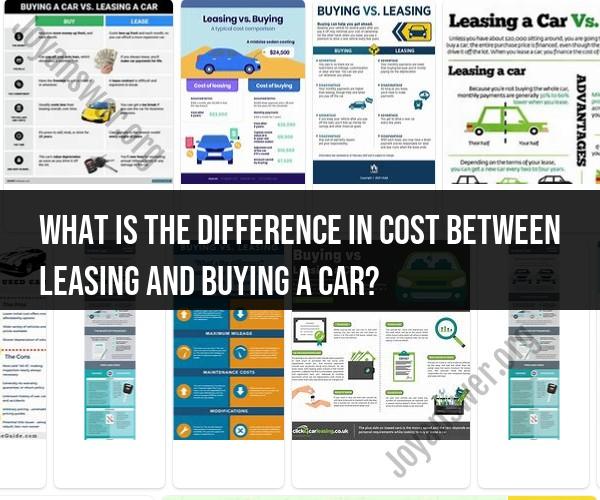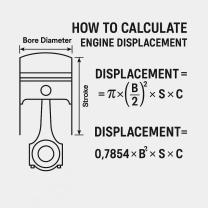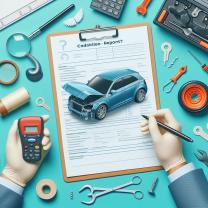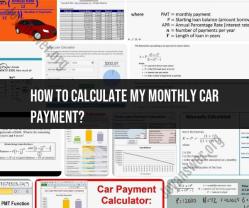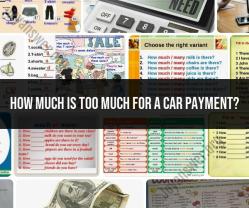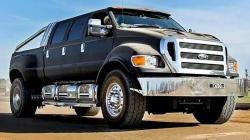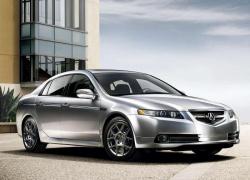What is the difference in cost between leasing and buying a car?
The difference in cost between leasing and buying a car can vary significantly depending on several factors, including the type of car, your financial situation, and your driving habits. Here's a breakdown of the key cost differences between leasing and buying a car:
Leasing:
Monthly Payments: Lease payments are typically lower than loan payments for a new car because you're essentially renting the car for a fixed period.
Down Payment: Lease agreements often require a lower down payment or sometimes no down payment at all compared to purchasing a car.
Maintenance: Many lease agreements include maintenance and warranty coverage, which can reduce your out-of-pocket expenses for repairs.
Depreciation: You don't have to worry about the car's depreciation in value because you're not retaining ownership after the lease term ends.
However, there are additional costs associated with leasing:
Mileage Limits: Most leases come with mileage restrictions, and exceeding these limits can result in costly overage charges.
Wear and Tear: You may be charged for excessive wear and tear on the leased vehicle when you return it.
No Ownership: At the end of the lease, you don't own the car, so you have no equity to trade in or sell.
Buying:
Full Ownership: When you buy a car, you own it outright, which means you can keep it as long as you want and modify it as you see fit.
No Mileage Limits: You can drive as much as you want without worrying about mileage restrictions.
Equity: As you make loan payments, you build equity in the car, and when the loan is paid off, you have an asset you can sell or trade in.
However, there are additional costs associated with buying:
Higher Monthly Payments: Monthly loan payments are typically higher than lease payments for a new car.
Down Payment: You may need a larger down payment to secure a car loan.
Maintenance and Repairs: You are responsible for all maintenance and repair costs once the warranty expires.
Depreciation: The car's value will decrease over time, impacting its resale or trade-in value.
Which Is Cheaper?
Determining whether leasing or buying is cheaper depends on your individual circumstances:
Short-Term vs. Long-Term: Leasing can be more cost-effective in the short term due to lower monthly payments, while buying is often more economical over the long term because you eventually own the car.
Driving Habits: If you drive a lot of miles each year, buying may be more cost-effective due to mileage restrictions on leases.
Financial Situation: Your financial situation, including your down payment ability and credit score, can affect the cost of financing a purchase.
Desire for Ownership: If you value vehicle ownership and want to keep the car for an extended period, buying is a better choice.
It's essential to evaluate your budget, driving needs, and long-term goals to determine whether leasing or buying is the right choice for you. Additionally, comparing specific lease and loan offers from dealerships can help you make an informed decision based on your circumstances.
